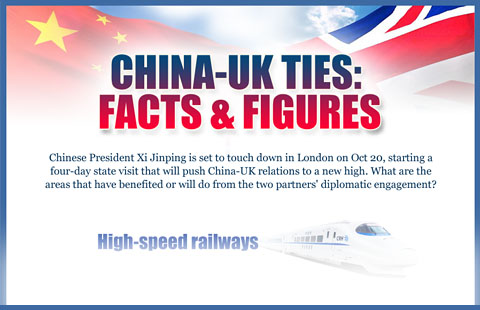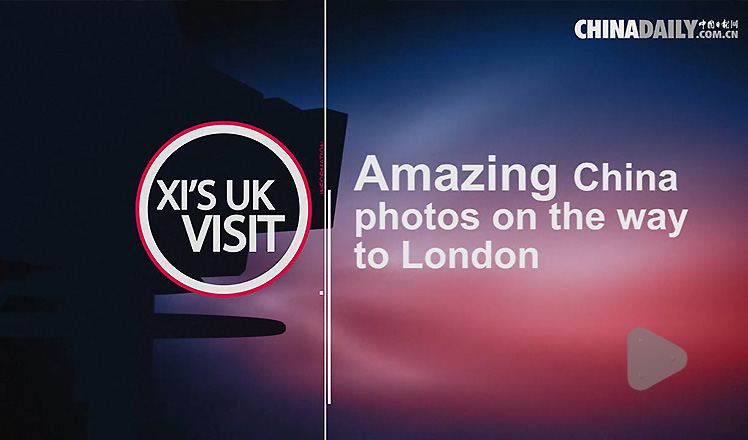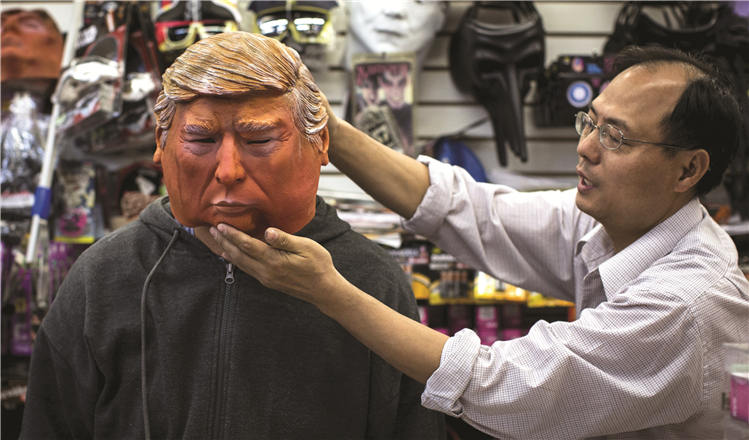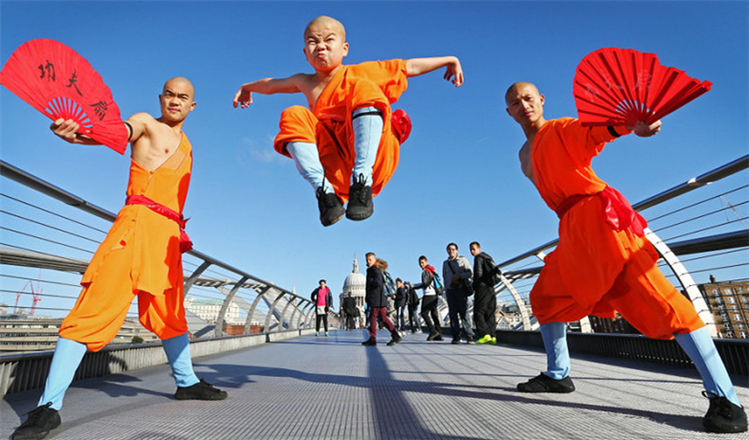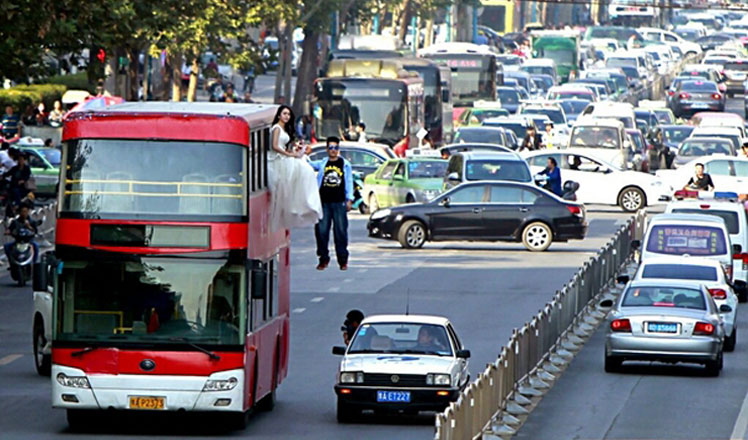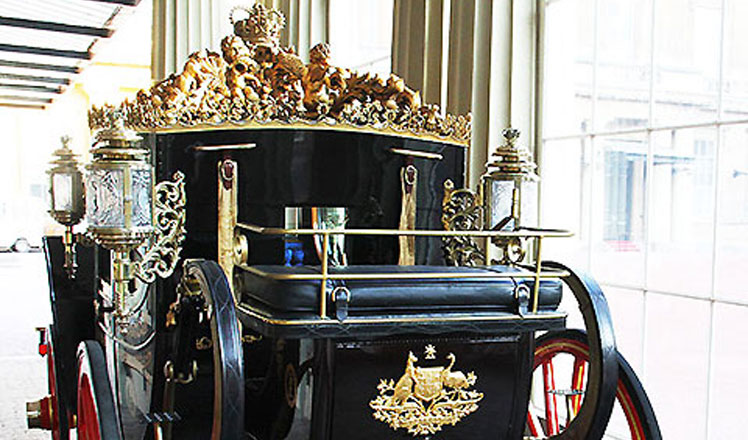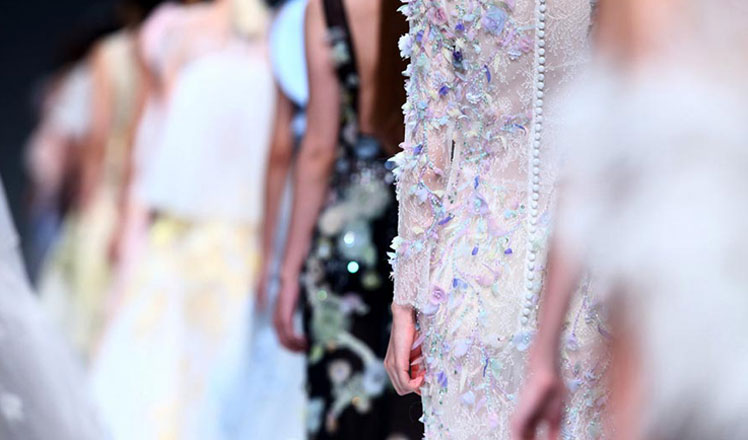Chinese look yonder for luxury goods
Updated: 2015-10-19 05:38
By PAUL WELITZKIN(China Daily USA)
|
||||||||
Even as the sales of luxury goods have cooled in the mainland, Chinese shoppers are still buying luxury items, but many now are doing their shopping overseas, according to observers.
Last week, UK-based Burberry Group PLC and German fashion label Hugo Boss AG gave reduced forecasts, citing declining demand in China. Burberry said it would trim bonuses and cut the pay of its CEO, Christopher Bailey. Boss scaled back sales and earnings forecasts for 2015 amid deteriorating results in China and sluggishness in the United States.
Sales of luxury goods, which recovered after the financial crisis, have been slowing as China's crackdown on corruption, the country's surprise devaluation of the yuan in August, and slower than expected economic growth have combined to hold back purchases, according to retail sector analysts.
The uncertainty in China's economy and the central government's anti-graft campaign are having an impact on the country's luxury market, but the Chinese are still shopping, although the markets where they shop have moved, said James Rogers, managing director of CR Retail, a Shanghai-based consultancy.
Hong Kong used to be an extremely popular market for Chinese people from the mainland to shop in, Rogers said. However, due to last year's Occupy Central protests, a number of incidents which resulted in the Chinese not feeling welcome as well as other markets becoming cheaper due the currency exchange, Chinese luxury consumer from the mainland is traveling to "different markets such as South Korea and Japan", Rogers said.
And Federica Levato, principal with consultants Bain & Co in Milan, agreed that the Chinese are shopping elsewhere. "China has been a difficult market for the last 18 months," she said in an interview. "The Chinese are still buying, but they are buying on a global level."
Levato said that Chinese buyers are purchasing luxury items in Dubai, Europe and, for the first time ever, in Russia, due in part to the decline of the ruble.
Levato said the price differential for luxury goods in China has widened to as much as "… 50 to 60 percent more than in Europe for example".
Aside from the currency swings and import duties, many luxury retailers have for too long had their prices too high in China, wrote Rogers: "With the Chinese traveling more and using the Internet, they are able to spend time researching products and seeing how much certain items are in different markets."
"Luxury brands that are able to adopt new product presentations and offer an assortment will be best positioned to make it through," said Levato.
According to Rogers, smaller brands or brands that have not opened too many stores in China and still offer a level of exclusivity will weather the downturn.
"A brand that would certainly fit into this would be Hermes. In addition, LVMH announced their somewhat positive results earlier last week. While some of the brands within their portfolio will, as with Burberry, find the market tough, we know from previous research that Loro Piana is doing well," he said.
paulwelitzkin@chinadailyusa.com
Most Viewed
Editor's Picks

|

|

|

|

|

|
Today's Top News
Tu first Chinese to win Nobel Prize in Medicine
Huntsman says Sino-US relationship needs common goals
Xi pledges $2 billion to help developing countries
Young people from US look forward to Xi's state visit: Survey
US to accept more refugees than planned
Li calls on State-owned firms to tap more global markets
Apple's iOS App Store suffers first major attack
Japan enacts new security laws to overturn postwar pacifism
US Weekly

|

|

